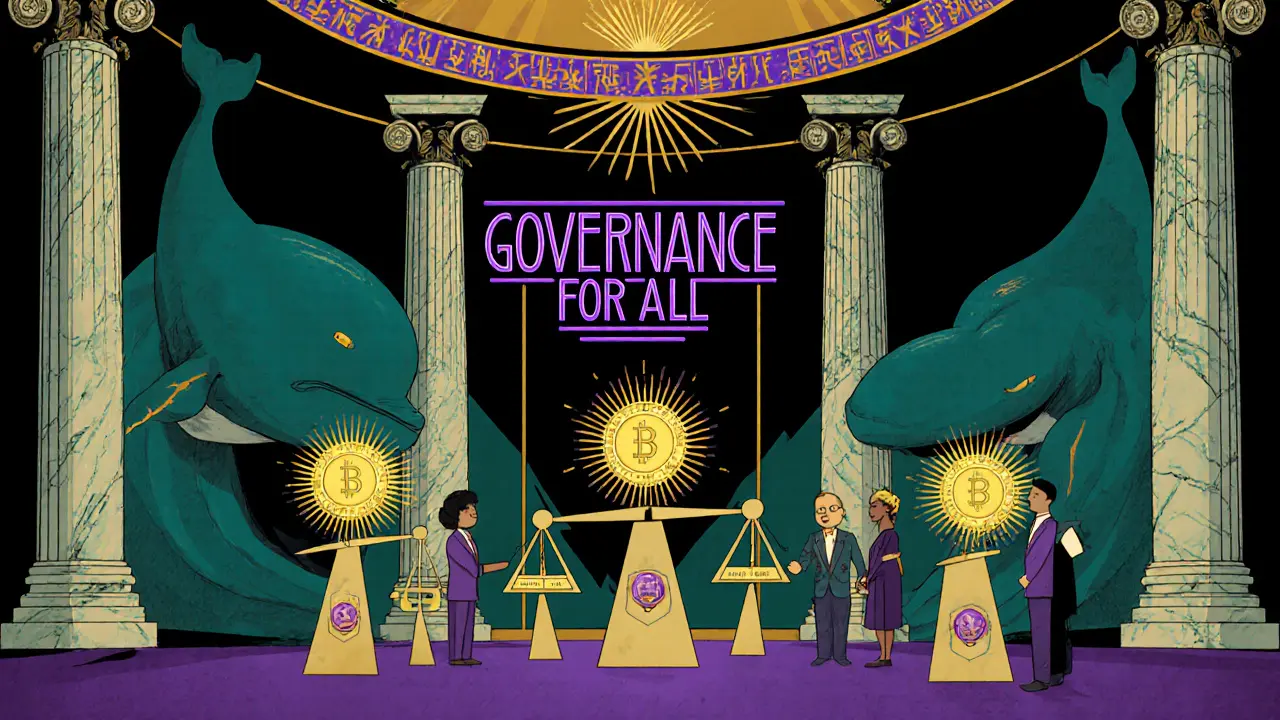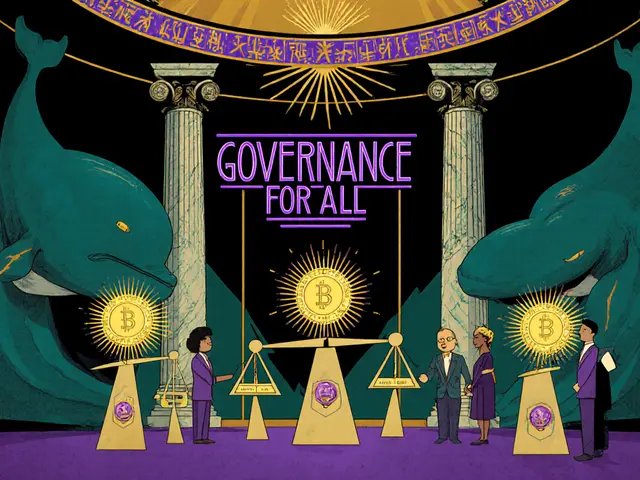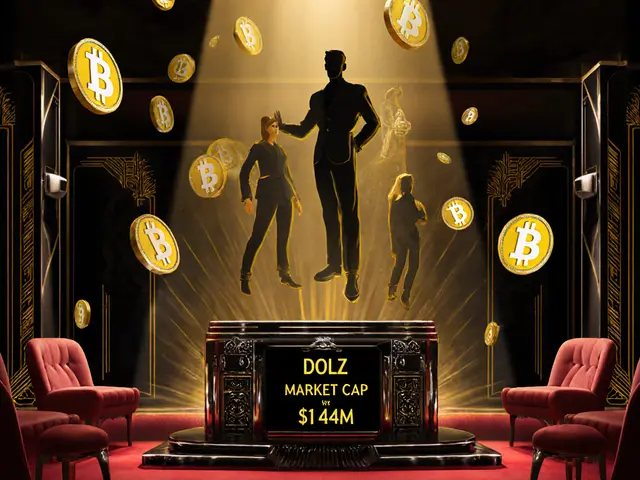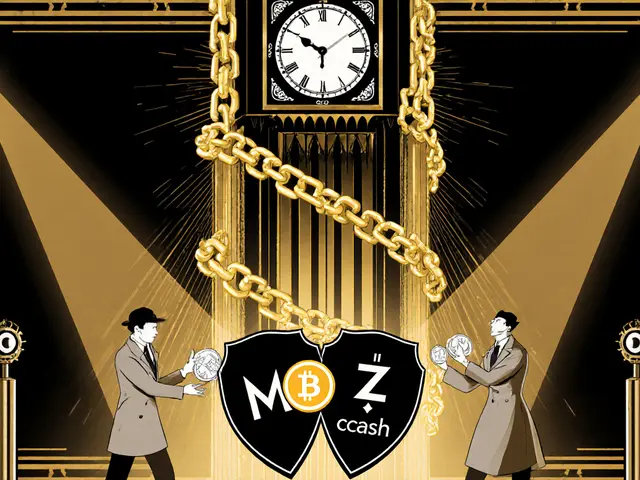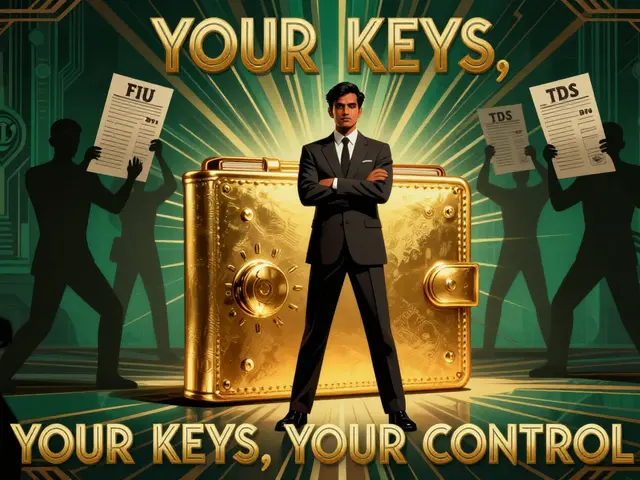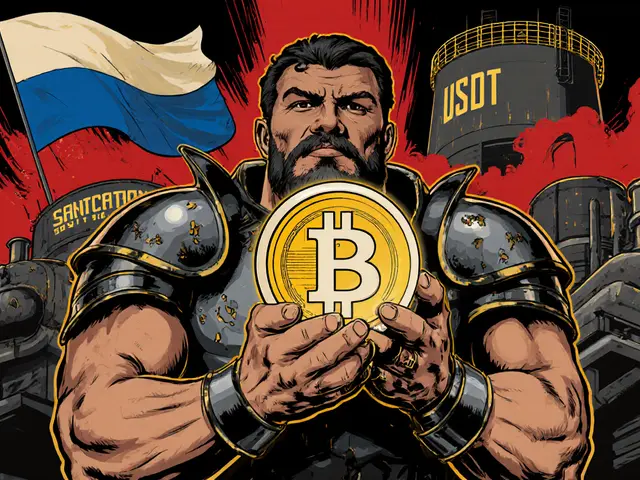Reputation Systems in Crypto: How Trust Is Built and Broken in Digital Assets
When you stake ETH, join a DeFi protocol, or claim an airdrop, you're not just interacting with code—you're betting on reputation systems, the hidden rules that determine who’s trustworthy in crypto, based on past behavior, community votes, or smart contract logic. Also known as on-chain trust models, these systems decide whether a project is legitimate or a scam, whether a wallet is safe to interact with, and whether a token deserves your capital. Unlike banks that use credit scores, crypto relies on transparent, often automated signals: who’s been slashed for cheating? Who’s voted on governance proposals? Who’s held tokens for years instead of dumping them?
Reputation systems show up everywhere. In DeFi reputation, how users behave across protocols—like repaying loans on time or locking liquidity—builds a digital resume that unlocks better rates. Projects like Aura Finance and Gelato use token voting to reward long-term participants, turning passive holders into active guardians of the network. On exchanges, reputation isn’t about KYC—it’s about whether a platform has been hacked (like BITKER), exploited (like ByBit), or quietly vanished (like LocalCoin DEX). Your trust isn’t earned by marketing; it’s earned by staying online, surviving attacks, and keeping promises.
And then there’s the flip side: token governance, the system where holding a token gives you voting power to shape a project’s future. But here’s the catch: if only a few wallets hold most of the tokens, governance becomes a facade. That’s why projects like OpenLeverage and OraiDEX tie voting power to actual usage—not just balance. Meanwhile, airdrops like VDR and SHO try to reward real users, but scams like CELT and KALA exploit the idea, promising rewards that never come. Reputation isn’t just about what you own—it’s about what you do, and whether you’ve been consistent.
What you’ll find below isn’t a list of random crypto coins. It’s a catalog of how reputation works—or fails—in real projects. From meme coins with trillion-token supplies to DeFi protocols that slash cheaters, these posts show you where trust is built, where it’s stolen, and why some tokens survive while others vanish. You’ll see how a single hack can erase years of credibility, how automation tools like Gelato protect users, and why the same people who claim to believe in decentralization still fall for fake airdrops. This is crypto’s quiet war for trust—and you need to know the rules before you play.
Future of DAO Governance Models in 2025: How Decentralized Decision-Making Is Evolving
DAO governance is evolving beyond token voting. In 2025, AI, reputation systems, quadratic voting, and cross-chain tools are making decentralized decision-making fairer, more efficient, and more inclusive than ever.
